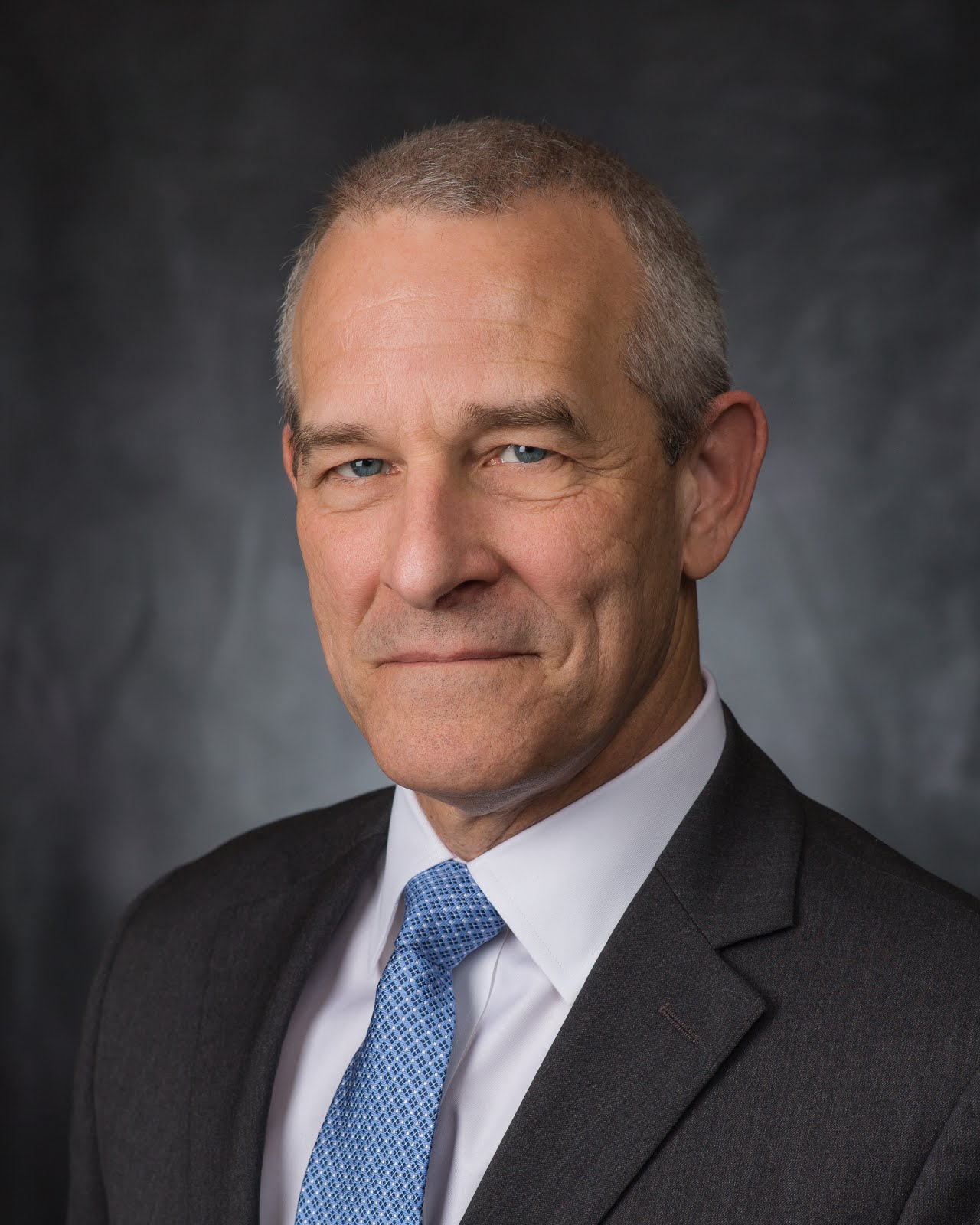“In 1938, Roman Turski, a Polish flyer, was returning home from France. His plane developed engine trouble, and he had to land for repairs in Nazified Vienna. Next morning, as Turski stepped out of his hotel to buy souvenirs before resuming his flight, a fellow came running through the door and slammed into him. Before Turski could inflict verbal vengeance he saw the man was white with fear. When he said, “Gestapo! Gestapo!” Turski rushed him through the lobby, up to his own room, and arranged the man’s slender body under the covers at the foot of his bed. Turski made himself look like he’d just gotten up. And after the visiting Gestapo had checked his passport and shouted questions, they left without searching the room. The pilot showed his grateful visitor his flight map; they communicated by gestures. No, Turski couldn’t take him to Warsaw – he had to land for fuel in Cracow and, drawing prison bars on the margin of the map, he indicated his new friend would be arrested at any airport. He would land in some meadow just over the Polish border and his passenger would be on his own. They did and he was. When Turski landed at Cracow the police were there to search his plane; they’d been told he’d assisted a man to escape from Vienna. They found nothing, so had to release him. He asked why the man had been wanted. He was Jew!
Turski served as a fighter pilot in the Polish Air Force. After Poland’s defeat he and others crossed to Rumania, where they were caught and sent to concentration camps. Turski managed to escape and join the French Air Force; after France’s fall he went to England and fought in the Battle of Britain. On one of his missions he rammed a German plane and was hit by a scrap of its tail. Partially blinded with blood, he was unconscious when he crash-landed his Spitfire in England. His skull had been fractured and the chief surgeon at the hospital thought it useless to operate.
But he awoke and saw a narrow face looking down on him. The fellow in the white smock spoke: ‘Remember me? You saved my life in Vienna.’ Turski remembered and learned the rest of the story.
The fugitive passenger had eventually arrived in Warsaw. Before the war he escaped to Scotland. He heard that a Polish squadron had distinguished itself in the Battle of Britain. He thought Turski might be in it. He wrote to inquire – he was! He knew Turski’s name because it had been written on the margin of his maps. The day before he had read of a Polish hero shooting down five enemy planes and crash-landing near a certain hospital. The piece had indicated the flyer’s condition seemed hopeless. He asked the RAF in Edinburgh to fly him to the hospital named. Turski asked him, ‘Why?’ His answer: ‘I thought that at last I could do something to show my gratitude. You see, I am a brain surgeon. I operated on you this morning.”
From Roman Turski, “The Evaders,” Secrets and Spies: Behind-the-Scenes Stories of World War II (Pleasantville, N.Y.: Reader’s Digest Association, 1964), as retold by Dale Ralph Davis, 1 Samuel: Looking on the Heart (Grand Rapids, MI: Baker Book House, 1988)
Monday, September 10, 2012
Subscribe to:
Posts (Atom)
